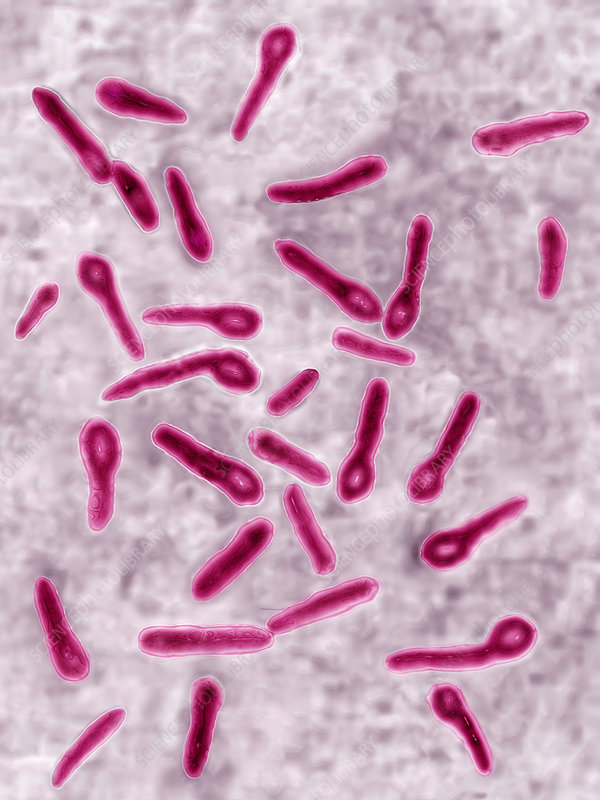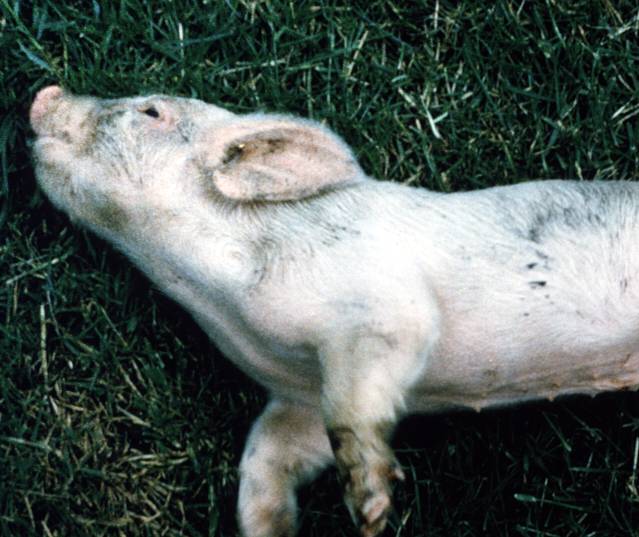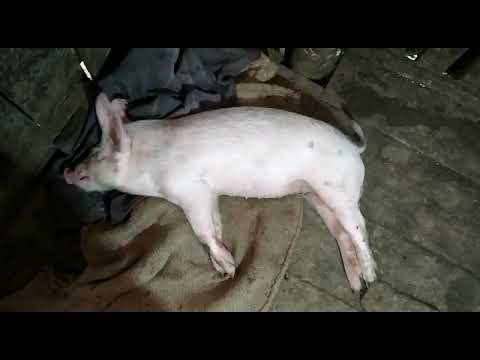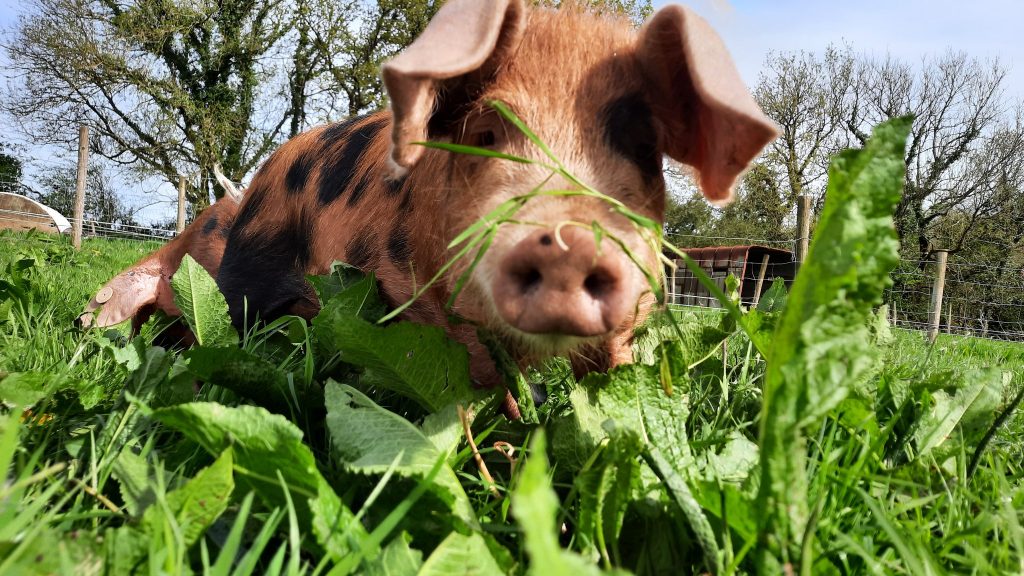
Tetanus is caused by a bacterium called Clostridium tetani, which produces toxins that affect the central nervous system of which the germ lives in the large intestine and can form spores therein. It also exists in faeces, not just in pigs but of other animals, and can also exist in soil.
The incubation period for the disease is around 1 to 10 weeks. Spores of the bacterium can be present in the soil, and the infection usually occurs through a dirty wound or cut. In lactating piglets, castration is a common source of infection.
Young pigs kept outside, especially those with wounds, are more prone to tetanus. Castration wounds in young pigs are particularly at risk. Once infected, the bacterium produces a powerful neurotoxin, leading to rigid muscle contractions.

Symptoms of tetanus in pigs include collapsing with tetanic muscle spasms, an upright head, curled tips of the ears, all four legs held out backwards, and an upright tail. Death often results from asphyxiation as the respiratory muscles become paralyzed. It is essential not to confuse tetanus with meningitis.
The disease tends to occur in areas known to be infected. In such high-risk situations, it is recommended to remove piglets for 48-72 hours after castration to allow wound closure. Maintaining a clean environment during castration is crucial. The disease is not limited to areas shared with or previously occupied by sheep.

In high-risk situations, vaccination of the sow is advisable and should be incorporated into your vaccination program. It is essential to consult with your veterinary for guidance. Consideration of administering a tetanus antitoxin at castration should also be discussed with your veterinary practitioner. Taking these preventive measures can help protect pigs from the potentially deadly effects of tetanus.
Always look to your bio-security. Hygiene is first and foremost.

Visit our website and Become a Friend and support UK’s only pig breed that is a registered charity England & Wales (1190469) Scotland (SCO52662)
We invite you to join us in our mission to preserve and protect the rare breed of Oxford Sandy and Black Pig. Your support is crucial in ensuring a brighter future for this cherished breed, its precious bloodlines, and its valuable breeding potential. Together, let’s work towards providing a thriving and sustainable existence for these remarkable pigs, safeguarding their heritage for generations to come. Your contribution will make a meaningful difference in the conservation and prosperity of the Oxford Sandy and Black Pig breed.